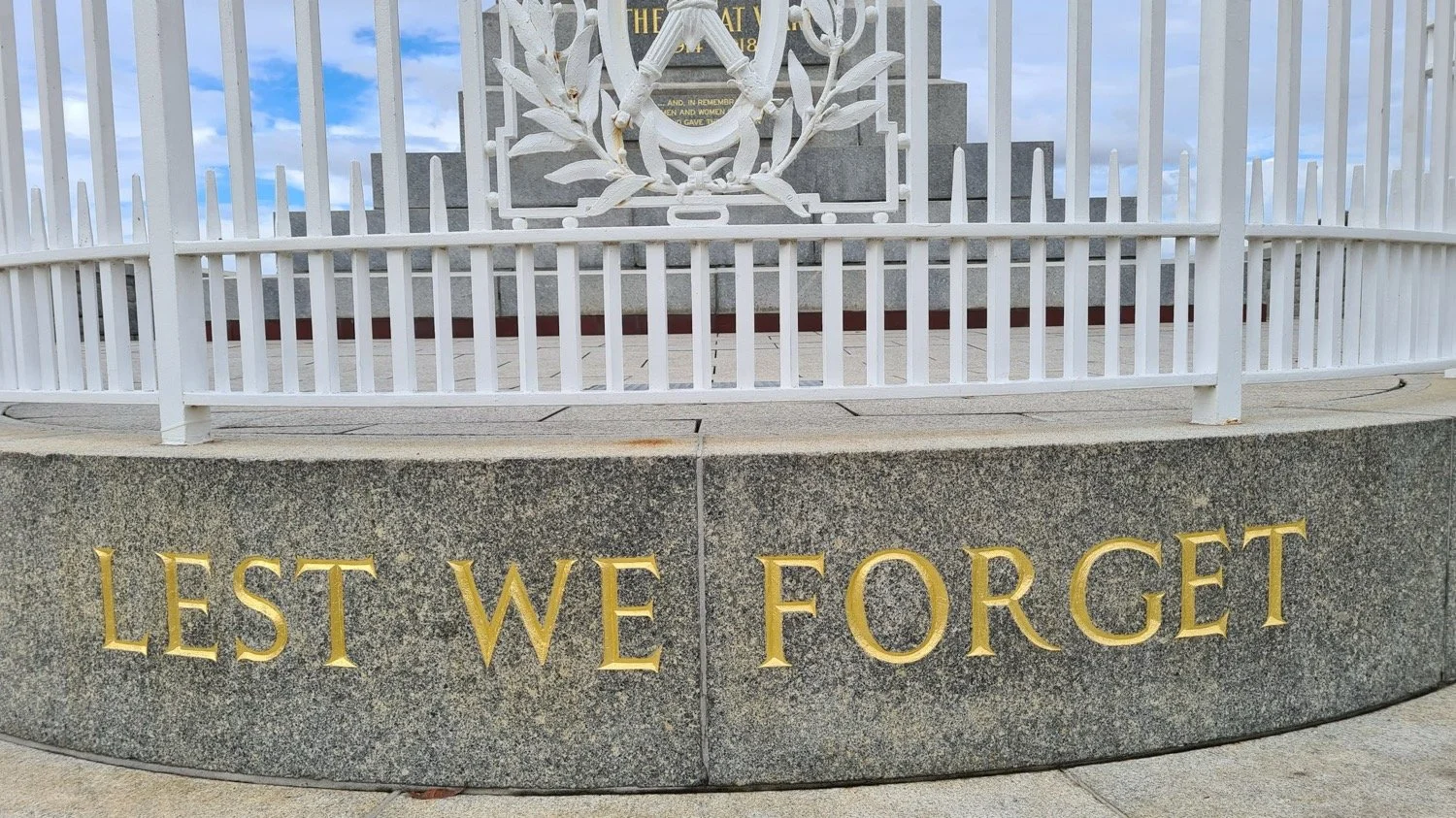Readings for the day: Ezekiel 5-8
Today’s reading is as brutal as they come. Violence. Disease. Famine. Destruction. Pain. Suffering. God delivering His people over to judgment. It is hard to read. Harder still to try and picture. But the hardest part is to accept is that this is all from God. All a part of His plan. It raises some extremely difficult questions. How can this be the same God who promised compassion and steadfast love to the thousandth generation of those who love Him? How can this be the same God who will later reveal Himself fully and completely in Jesus Christ? How can this God of wrath be the same God of love? Is this God bipolar? Manic? Schizophrenic? Does He have rage issues? Can He be trusted? Is such a God even worthy of our love?
These are all important questions to ponder but they also ultimately miss the point. God is God. He has made known His will. He has established His covenant. He has made clear His expectations. From the beginning, He has held nothing back. Nothing hidden. Nothing secret. He created us to fulfill His purposes. He is the Potter. We are the clay. Our problem is that we keep forgetting our place. We keep rejecting our role. We refuse to acknowledge His Lordship over our lives. Starting with Adam and Eve, we keep asserting our independence. We keep trying to be our own gods. Do things our own way. Worship as we please. Do things as we choose. And we forget Whom it is we were created to serve. We forget the One we were created to please. We forget God is God and we are not.
We cannot say we haven’t been warned. God is more patient with us than we deserve. He forbears for generations as the sin piles up. He continues to reach out in love only to have the door slammed in His face. He continues to show us grace though we deserve judgment. He continues to be faithful though we ignore Him and walk away. There are consequences to such actions. The apostle Paul talks about them in Romans 1, “For the wrath of God is revealed from heaven against all ungodliness and unrighteousness of men...” And how does that wrath manifest itself according to Paul? God simply withdraws His hand. He “gives us over” to the lusts of our hearts. The lust of our eyes. The pride and arrogance of our lives. And the results are ugly. Harsh. Tragic. Horrifying. Human beings, left unchecked, are brutal creatures. It was Robert Burns who first coined the phrase, “Man’s inhumanity to man” in a poem he wrote in 1787 and the events of the last few hundred years only serve to confirm his analysis of the human condition. We are capable of unfathomable evil. We are capable of the most brutal violence. We are capable of the most horrifying, dehumanizing behavior. And if we’re totally honest, we all know this to be true. Given the right conditions, all of us are capable of just about anything. (See the infamous “Stanford Prison Experiment” of 1971.)
How should a just and holy God respond? Righteous judgment. Our sin offends God on a level we simply cannot understand. Listen to how Ezekiel describes how God feels, “Then those of you who escape will remember me among the nations where they are carried captive, how I have been broken over their whoring heart that has departed from me and over their eyes that go whoring after their idols.” (Ezekiel 6:9) God takes our sin seriously. Our problem is we don’t take it seriously enough. We gloss it over. We make excuses. We rationalize our behavior. We justify our thoughts, attitudes, and actions. We foolishly believe we are somehow special and will escape judgment. We presume upon our relationship with God. We are just like Israel who believed they were “immune” because they were God’s chosen people.
But God will not be mocked. He vents His fury without mercy. "Thus shall my anger spend itself, and I will vent my fury upon them and satisfy myself. And they shall know that I am the Lord —that I have spoken in my jealousy—when I spend my fury upon them.” (Ezekiel 5:13) It is scary. It is frightening. It makes us tremble. And if we aren’t careful we will miss what God is trying to do. In our fear, we will focus yet again on all the wrong things. God’s judgment is NOT an end in itself! It points beyond itself to something far greater! Far more important!
“That they may know I am the Lord.” Over and over again we read this refrain. God using judgment to cleanse His people. To refine them. To separate the gold from the dross. The wheat from the chaff. He disciplines them in His love. He confronts the evil of their hearts. He forces them to come face to face with the depth of their sin and degradation. The utter futility of their idolatry. The full measure of their rebellion. Yes, it is harsh but it is also true. It is just. It is fair. It right. It is good. And it is ultimately so they may return in humility to the Lord. They must be broken. Their hardened hearts must be crushed. Their stiff necks bent. Their locked knees bent. God will indeed force them to their knees through judgment so they may again experience the joy of being in right relationship with Him. This is the point of their exile. This is the point of their suffering. God wants His people back. And He will not relent until they return.
It’s a sobering reality. Especially for us Christians. To think of all that Christ endured as the Father poured His wrath out on His Son. To consider all Christ went through as he experienced the depths of hell and God-forsakenness. He took on the full weight of human sin. As terrifying as the judgment is in Ezekiel, it pales in comparison to the judgment Christ suffered on the Cross. Reading these words through the prism of the Cross should make us appreciate more and more the wonder of Christ’s sacrifice for us. We should find ourselves marveling at the great love of God who would take our place. Bring judgment on Himself. Freely lay down His life in order to save us from our sin. Amazing love! How can it be that Thou my God wouldst die for me?




